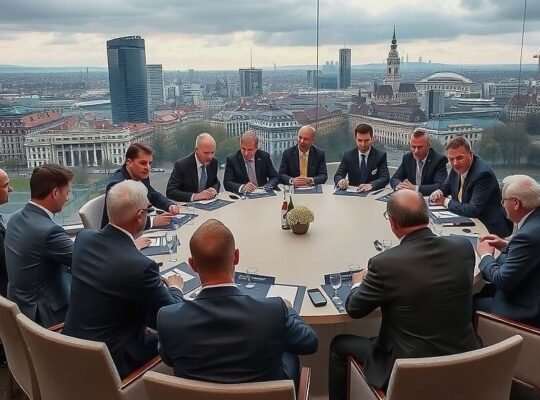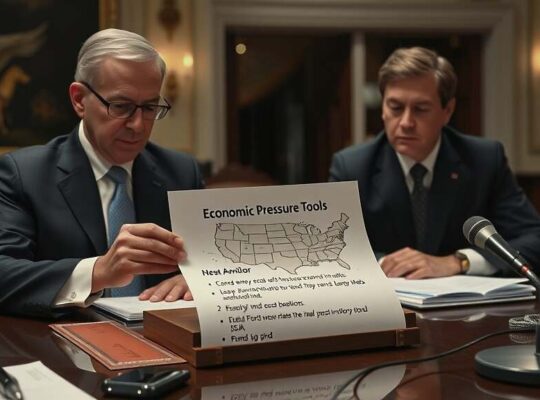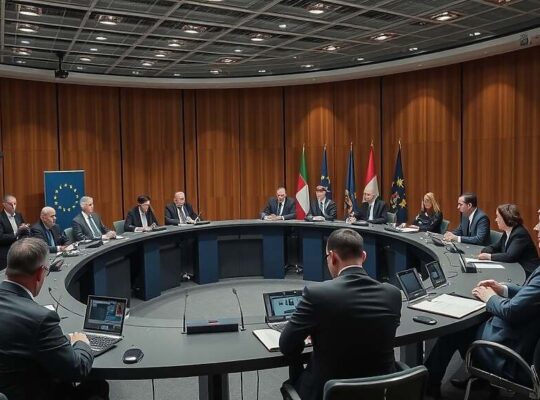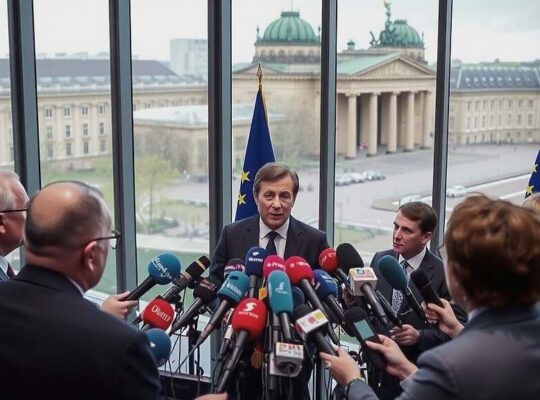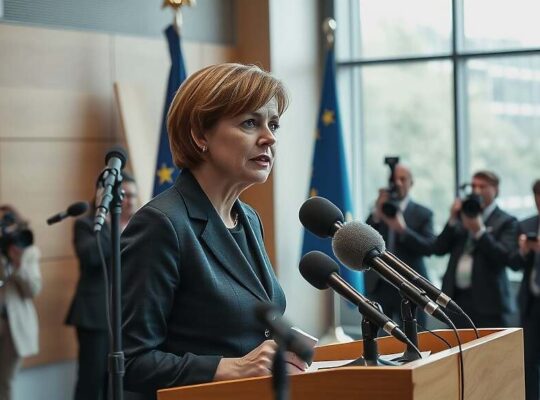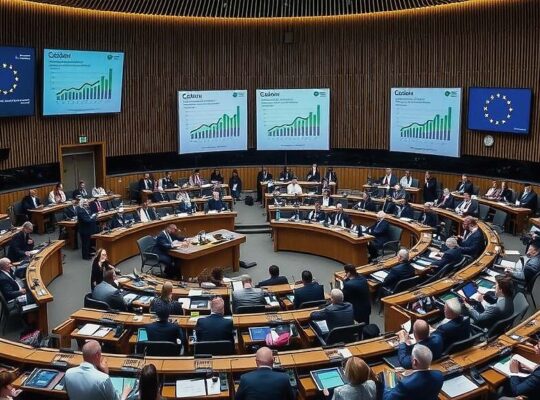The European Parliament has endorsed a landmark climate intermediate target for 2040, setting the stage for fraught negotiations with member states. The resolution, passed with a significant majority of 379 votes in favor, 248 against and 10 abstentions, outlines ambitions to slash carbon dioxide emissions by 90% compared to 1990 levels. However, the fine print reveals a potential for strategic and potentially problematic, outsourcing of emissions reductions.
Crucially, the Parliament’s draft stipulates that only 85% of the emission cuts will occur within the EU itself. The remaining 15%, up to five percentage points, are slated to be fulfilled through the acquisition of international carbon credits from partner nations beginning in 2036. This move, lauded by some as a pragmatic solution to complex decarbonization challenges, draws fierce criticism from environmental watchdogs and some MEPs, who argue it risks circumventing genuine domestic action and creating a loophole for wealthier nations to shirk their responsibilities. The inclusion of “robust safeguards” to prevent ‘greenwashing’ and ensure the integrity of these offset mechanisms remains a major point of contention and will be rigorously scrutinized during negotiations.
Further adding to the complexities, the resolution also supports the utilization of domestic, permanent carbon dioxide removals to balance difficult-to-reduce emissions within the existing EU Emissions Trading System (EU ETS). While presented as a tool for addressing unavoidable emissions, this provision raises concerns about potential over-reliance on unproven technologies and the risk of delaying more fundamental shifts towards lower-carbon alternatives.
Finally, in a potentially significant concession to industry lobbying, the Parliament followed the lead of member states in postponing the implementation of the EU ETS2 – the emissions trading system covering heating and transport – from 2027 to 2028. This delay, justified by proponents as necessary to allow for adequate preparation, is viewed by critics as a tactic to appease powerful industries and weaken the effectiveness of the new system. The resulting compromise casts a shadow over the overall ambition of the climate package and highlights the ongoing political tightrope walk required to reconcile environmental imperatives with economic pressures within the European Union. The final shape of the legislation is far from certain and the coming months will determine whether the EU can truly deliver on its climate commitments or risk being exposed as a champion of ambition undermined by political expediency.




